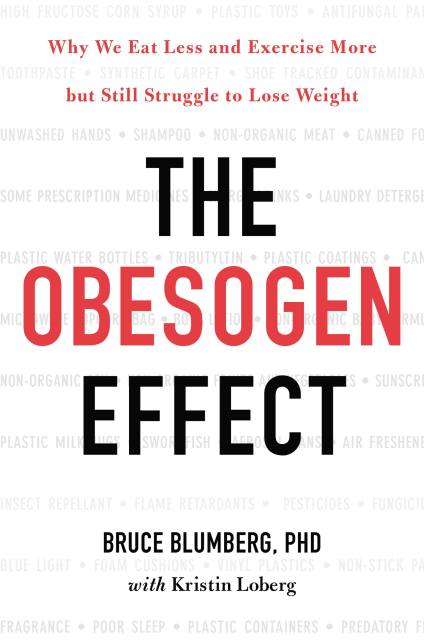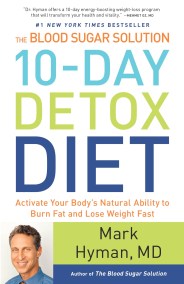The Obesogen Effect
Why We Eat Less and Exercise More but Still Struggle to Lose Weight
Contributors
With Kristin Loberg
Buy from Other Retailers:
- On Sale
- Mar 20, 2018
- Page Count
- 320 pages
- Publisher
- Grand Central Life & Style
- ISBN-13
- 9781478970675
Being overweight is not just the result of too many cheeseburgers or not enough exercise. According to leading-edge science, a new group of silent saboteurs in our daily lives is contributing greatly to our obesity epidemic: obesogens. These weight-inducing offenders, most of which are chemicals, disrupt our hormonal systems, altering how we create and store fat, and changing how we respond to dietary choices and caloric intake. Because they are largely unregulated, obesogens lurk all around us-in food, furniture, plastic products such as water bottles and food storage containers, and other surprising exposure points. Even worse: research has shown that the effects of some obesogens can be passed on to future generations by irreversibly interfering with the expression of our genes. The good news is we can protect ourselves by becoming more informed consumers.
In The Obesogen Effect, Dr. Bruce Blumberg explains how obesogens work, where they are found, and how we can minimize their effects. Dr. Blumberg offers a highly practical three-step solution for reducing exposures. He explains why one size does not fit all in a weight loss program, what harmful additives are in our household goods, and how we should shop for obesogen-free items we use every day-from vegetables and meats to canned soup as well as household cleaners, air fresheners, and personal care products. The Obesogen Effect, is an urgent call to action to protect your body, clean up your life, and set a straight course for better health.
-
"Why do we get hungry, feel tired, and gain weight? A likely culprit is our fat cells. THE OBESOGEN EFFECT, written by the researcher who literally defined this new field, explains how our diet and other exposures can program the body for weight gain-beyond calories in, calories out-and what you can do about it!"David Ludwig, MD, PhD, author of the #1 New York Times bestseller Always Hungry?
-
"If you think obesity is about couch potatoes and gluttony, or calories in vs. calories out, you must think again. Or better yet, read this book. It tells a complex scientific story with vivid, accessible clarity about the role that obesogens-chemical contaminants that can alter our metabolism, appetite and more-play into making us fat. The bad news is that obesogens are all too common and hard to avoid if you aren't paying attention. The book's good news is that there are many simple, practical steps you can take that will protect you and your family."John Peterson Myers, PhD, Chief Scientist, Carnegie Mellon University
-
"Every wonder why it is so easy to gain weight and hard to lose it? This simple to read, scientifically factual book can change your life-it is a must read."Jerry Heindel, Commonweal
-
"You probably agree that cigarettes cause cancer, even knowing that not everyone who gets cancer smokes cigarettes and not everyone who smokes cigarettes gets cancer. Bruce Blumberg makes the case clearly that industrial chemicals cause obesity in a similar way. Bruce is an eminent researcher who, through his discoveries, has changed the way we think about body weight regulation-both in a fundamental way, as well as by providing insight into the role of industrial chemicals. This readable book, with its solid scientific base, will change the way you think about the obesity epidemic-and what we can do about it."R. Thomas Zoeller, PhD, Professor of Biology
Formats and Prices
Price
$14.99Price
$19.99 CADFormat
Format:
- ebook $14.99 $19.99 CAD
- Audiobook Download (Unabridged)






